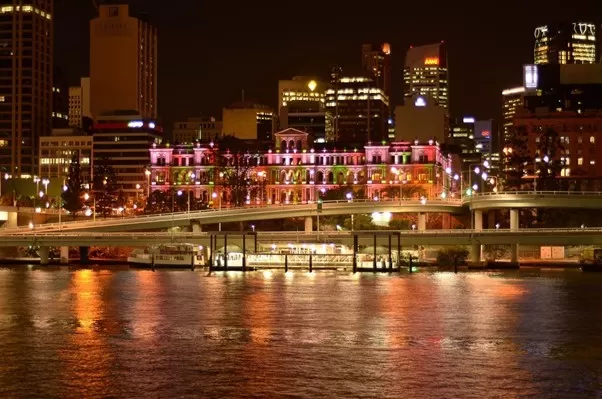Casinos are an integral part of many communities’ economies. Not only do they create employment opportunities, generate tax revenue for the area and enhance local retail sales, but their presence also plays a major role in stimulating tourism and local economic development.
Though casinos do not always follow the most eco-friendly practices, they are making strides to reduce their water usage. This includes installing solar panels and switching to sustainable energy sources.
Las Vegas
Water is a controversial subject in Las Vegas. The city is often depicted in the media as an over-use of resources with its casinos, fountains and golf courses.
Contrary to popular belief, hotels and casino resorts only use approximately 5% of local water supplies and recycle a substantial portion. For instance, Bellagio’s fountains require 20 million gallons of freshwater that is then filtered and reused.
The SNWA has also implemented water restrictions on casinos to help reduce their consumption. For instance, a casino may only install one swimming pool per 100 hotel rooms.
Many property owners, such as Brian Greenspun (publisher of the Las Vegas Sun newspaper), have taken steps to reduce their water use. He ranks fifth among users in Henderson. Other gaming executives include Blake Sartini (CEO of Golden Entertainment), Station Casinos’ CEO Frank Fertitta III and Treasure Island owner Phil Ruffin.
Reno
Reno, Nevada is a vibrant city that draws travelers from around the globe. Not only is it known for its casinos and exciting entertainment scene, but also has an eclectic culture, stunning landscape, and world-class dining scene.
The region boasts a rich history and plenty of exciting attractions. Visitors can take advantage of outdoor trails as well as museums and art galleries for an enriching experience.
Reno is also home to the world-renowned Burning Man Festival, an annual month-long event that draws thousands of people from around the globe. This transforms Reno into Artown – a creative hub filled with daily activities and events.
Recently, several Reno casinos have implemented water conservation measures to minimize their impact on local water usage. One casino is using geothermal energy to heat all restaurants, casino floors and spas as well as its 1,600 hotel rooms – saving them over $1 million in energy costs annually, according to their website.
Atlantic City
Atlantic City, New Jersey, is a beloved resort town that draws 27 million visitors annually to its beaches and boardwalks. Additionally, the area is home to several casinos that employ many local residents.
Atlantic City has seen a drop in visitor numbers over the last few years, while its casinos are suffering from decreased revenue and net income. The recessionary environment has contributed to an erosion in demand for casino hotels within the region.
Atlantic City has undergone a transformation into a Las Vegas-style resort destination, but it may need a reinvention to spark its gaming industry’s resurgence. Therefore, trend setters, law makers and government officials must explore ways to jumpstart revitalization efforts within the city.
Macau
The impact of casinos on local water usage is an important topic to discuss, particularly in places with limited access to freshwater sources. It’s essential that we use water responsibly and recycle it whenever possible.
Macau, situated at the mouth of the Pearl River Delta west of Hong Kong, became a Special Administrative Region (SAR) of China in 1999. Following China’s “one country, two systems” policy, Macau has maintained considerable autonomy until 2049 when it will come under full Chinese control.
Casinos have become a major source of wealth in Macau, but they also created social issues due to an uneven distribution of resources.
Macau is heavily dependent on the mainland for many resources, such as its water supply. This leaves it vulnerable to economic downturns there. Nevertheless, local officials are determined to diversify Macau’s economy away from gaming by investing in shows like Melco Crown’s House of Dancing Water and Sands China’s boxing events to attract a broader visitor base that comes to Macau for leisure rather than gambling.





